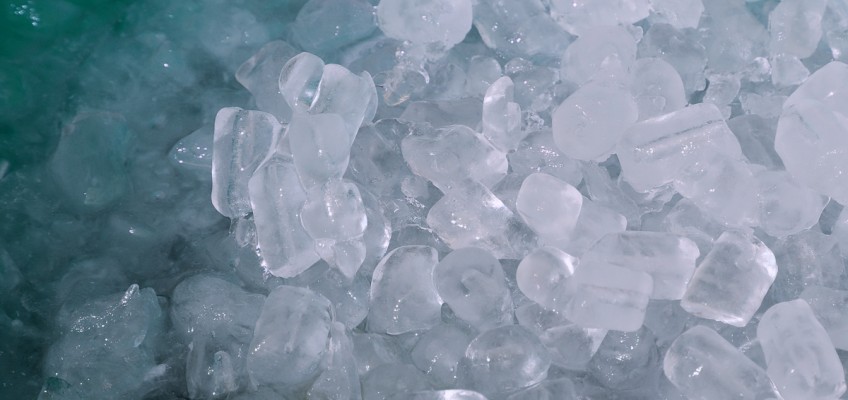Should we all get scared! Are we making an iceberg out of molehill?
Is feeding frozen dangerous for healthy dogs? And does it cause Bloat?
NO
Firstly there is NOTHING, NADA, ZILCH, on frozen food being a danger and I personally doubt it would be as dogs have evolved to eat all sorts! The fact there is nothing in itself says a lot! As if it was a real concern trust me the internet would have an answer!
Firstly eating ice cubes & icewater being lethal! FALSE!!!
http://m.petmd.com/blogs/fullyvetted/2010/july/internet_myths-10213
http://www.hoax-slayer.com/ice-water-harmful-dogs-myth.shtml
Now in relation to BLOAT! There is NOTHING anywhere stating that frozen food increased the risk – what however does increase risk is eating fast, big quantities, dog build, character of dog, age!
Found this relating to eating ice and bloat which is much colder and in direct contact with the stomach- frozen meat will be nowhere as cold once chewed and swallowed:
Patty Khuly, VMD, MBA, notes: “Frigid water gastric “cramping” is a FALSEHOOD akin to those that inform you that your hair will grow back coarser if you shave it (myth), or that you shouldn’t go swimming for 30 minutes after eating lest you drown in a fit of cramps (myth).”
And veterinarian Dr. Audrey Harvey concurs, noting:
“There have been rumors that ice and ice water causes a spasm of the stomach muscle in dogs, leading to a swollen stomach, and potentially fatal bloat. These rumors are NOT true.”
Dr. Page Wages of Oberlin Animal Hospital answers the question “Can bloat be attributed to feeding your dog ice or ice water?” as follows:
“Not directly. If your dog drinks the ice water or eats the ice cubes too fast, there is a potential to lead to bloat.”
Dr. Audrey: “Firstly, while ice may cause a muscle spasm, this is more likely to cause vomiting. Secondly, if ice caused bloating, then we’d see more cases of bloat during winter in dogs that live outdoors in cold parts of the country, where their water bowl ices over, and this isn’t the case. I think that what is more likely is that dogs are given ice or iced water to drink when they are hot and thirsty, for example after heavy exercise. To prevent your dog getting bloat, feed several small meals a day instead of one or two large ones, don’t let them drink lots of water at once, and avoid exercise for an hour or so after mealtime.”
Dr. Glickman: It is often recommended that limiting exercise and water before and after eating will decrease the risk of bloat. However, in one of the Purdue studies, while exercise or excessive water consumption around meal time initially seemed to affect likelihood of GDV, when other factors were taken into account, such as having a close relative with a history of GDV, in a “multivariate model,” these factors were no longer associated with an increased risk of bloat. Or, more simply put, “there seems to be no advantage to restricting water intake or exercise before or after eating.”
Good articles on BLOAT
http://www.whole-dog-journal.com/issues/8_1/features/15682-1.html
http://www.dogsnaturallymagazine.com/preventing-bloat-naturally
http://www.moonstruckmeadows.com/Bloat%20(GDV)%20Study.htm
Not in relation to bloat but body temperature is that it’s not wise to feed frozen food to tiny tiny tiny dogs.
Equally in the case of water and ice water don’t let your dog drink (eat) excessive amounts – be sensible! Nothing is ever good in excess!
When can feeding something frozen help?
If you have a dog that gulps, snorts their bones, then try feeding it frozen or semi frozen, leave the food out for 5 minutes so the frost on it is gone or run it under the cold tap.

